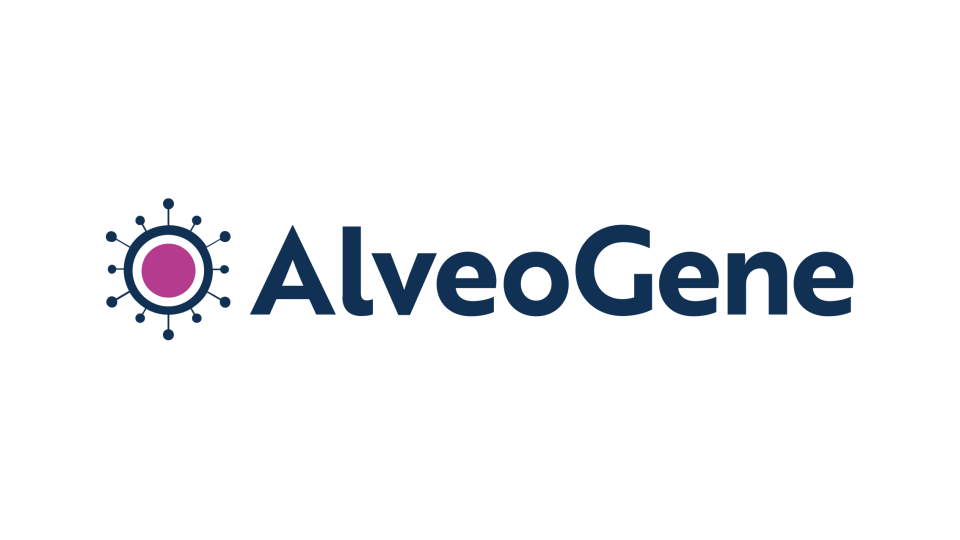AlveoGene debuts to develop inhaled gene therapy technology

Today saw the debut of a new UK-based biotech, called AlveoGene, which has been formed to develop therapies based on a lentiviral vector platform used to deliver gene therapies directly into the lungs, developed by researchers from the UK Respiratory Gene Therapy Consortium (GTC).
The start-up has been created with seed funding from Oxford Science Enterprises, Harrington Discovery Institute, and Old College Capital, the University of Edinburgh's venture investment fund, in partnership with six GTC scientists.

It is led by biotech industry veteran and executive chair, David Hipkiss, who has previously held senior positions at life sciences companies including Enesi Pharma, which he co-founded, and Circassia.
AlveoGene will initially focus its R&D efforts on alpha-1 antitrypsin (AAT) deficiency, a degenerative condition that is one of the most common genetic diseases and can lead to early-onset emphysema and is currently treated with weekly infusions of purified AAT derived from pooled human plasma.
The biotech has licensed exclusive rights to the GTC's InGenuiTy platform outside of its applications in cystic fibrosis, a project that was partnered with Boehringer Ingelheim in 2021.
Gene therapies developed using the technology can be delivered through a nebuliser, and have been shown to transduce lung epithelial cells with "high efficiency and […] a long duration of action," according to AlveoGene, which notes the platform can also be used to deliver repeat doses.
It estimates that AAT deficiency represents a "multi-billion dollar opportunity" with at least 100,000 patients in the US and a similar number in Europe, and expects to start clinical trials of its AVG-001 gene therapy within the next two to three years. In future, it also hopes to expand its pipeline to include therapies for lung surfactant deficiencies and idiopathic pulmonary fibrosis (IPF).
"After so many years of work, I couldn't be more pleased that one part of our research has been picked up by a big pharmaceutical company, and another has a chance with a spinout, since that represents the best chance for patients to benefit," commented Eric Alton, professor of gene therapy and respiratory medicine at the National Heart and Lung Institute (NHLI) at Imperial College London, who is coordinator of the GTC.
InGenuiTy has been developed over more than a decade, supported by around £72 million in grant funding, including from the Wellcome Trust, the UK Department of Health and Social Care, the Medical Research Council, and the Cystic Fibrosis Trust.
"The combination of pioneering science, an extensively validated platform, access to world-leading expertise through our founding scientists and the backing of OSE, Harrington, and OCC, provides a fantastic foundation for the company," said Hipkiss.
"We intend to explore other opportunities to leverage our powerful InGenuiTy platform alongside other complementary technologies to create first-in-class inhaled gene therapies with the potential to transform outcomes for patients with rare respiratory diseases," he added.
While there are early-stage academic-led programmes focusing on gene therapies for AAT deficiency, to date most industry activity has focused on small-molecule and RNA interference therapies for the disorder, with Vertex, Dicerna, Arrowhead, Alnylam, and Centessa among the companies with candidates in clinical development.











